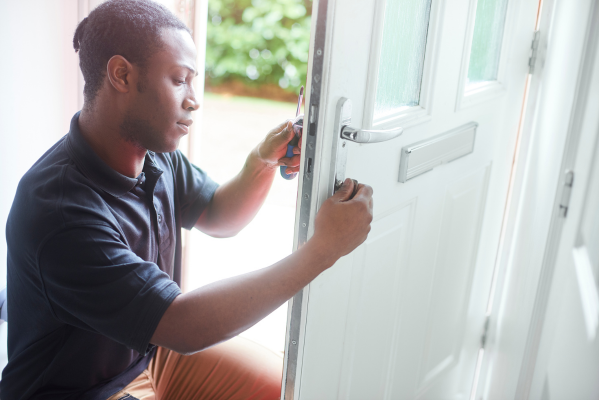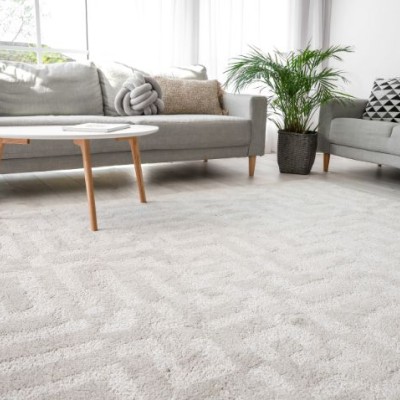Top tips for how to handle a vacant property

There can be times when a rental property is vacant. Whether this is short term between tenancies, or longer term such as planned renovations that are easier without a tenant in situ, the downside is that when a property is vacant it becomes a lot more vulnerable. If there are water leaks or damage from adverse weather, this could go unnoticed until you next inspect the property. Or if it’s obvious that there’s nobody living there, it could be targeted by squatters or vandals – and both problems could take time and money to resolve.
Here are our top tips for dealing with a vacant rental property:
Let your insurer know
Many landlord insurance policies will only cover a vacant property for up to 30 days, so we’d suggest you contact your insurer as soon as you know your rental is going to be empty. If you don’t, and something happens that leads to you making a claim, you could find that your policy has become void!
Your insurer will be able to advise you of any steps you need to take to make sure your policy remains valid – for instance, they may require you to switch off the gas and keep the heating on low during colder months to stop the pipes freezing and help keep the property mould-free – and can discuss when you will need to switch to specific ‘unoccupied property insurance’. This may cost a little more, but it’s well worth doing for the peace of mind that you’re protected.
If you’d like to have a chat about this in some more detail or would like a comparable quote for your standard landlord insurance, just get in touch with us.

Make regular security checks
Your landlord insurance provider is likely to require you to make regular visits to the property while it’s vacant – usually once every 7 days – to check it’s still secure and in a good condition.
So, make sure the windows and doors are all properly locked when you arrive and there are no signs of any forced entry. Check each room to make sure there isn’t any damp – either from outside or caused by an internal leak – and open the windows to let the air circulate for a while so that the property doesn’t become stale (remembering to close them again properly before you leave).
If you can, put a couple of internal lamps on timers set to come on and go off at different times and if you don’t already have an external motion sensor light, it’s a good idea to fit one. Burglars and vandals aren’t keen on being illuminated!
Make sure the property is clean and clear
If the property is empty due to being between tenancies, then it may be worth having a professional deep clean done to get rid of any traces of surface mould, ensure all your fittings are sparkling and give the property a fresh look and feel for viewings.
Sometimes tenants leave rubbish behind, so have this removed as soon as possible to avoid it becoming a magnet for fly-tippers or even a fire risk, or your letting agent may be able to do this for you.

Keep in touch with your agent
If you use a letting agent, it is likely they will be doing what they can to secure a new tenancy quickly if that’s what you require. If your property will be vacant for a little while then either your letting agent or yourself should ideally make visits on different days and at different times, clearing any post away from the door and changing the position of some of the curtains & blinds.
The key thing to remember is to let your insurer know that your property is vacant so they can advise you of any steps you need to take to make sure your policy remains valid and you don’t get caught out should anything unexpected happen.

Contact Us
Got a question, general enquiry or something else?
You may also like
Since we started in 1987 we have grown to one of the UK’s largest property groups, we can save you time and money by offering a range of services and expertise under one roof.
 What are the biggest deposit disputes and how can landlords protect themselves?
What are the biggest deposit disputes and how can landlords protect themselves?
 Three claims landlords of leasehold flats may not be covered for without specialist insurance
Three claims landlords of leasehold flats may not be covered for without specialist insurance
 Are adverse weather events driving up your landlord insurance premium?
Are adverse weather events driving up your landlord insurance premium?
 Will the Renters' Rights Bill affect landlord insurance?
Will the Renters' Rights Bill affect landlord insurance?